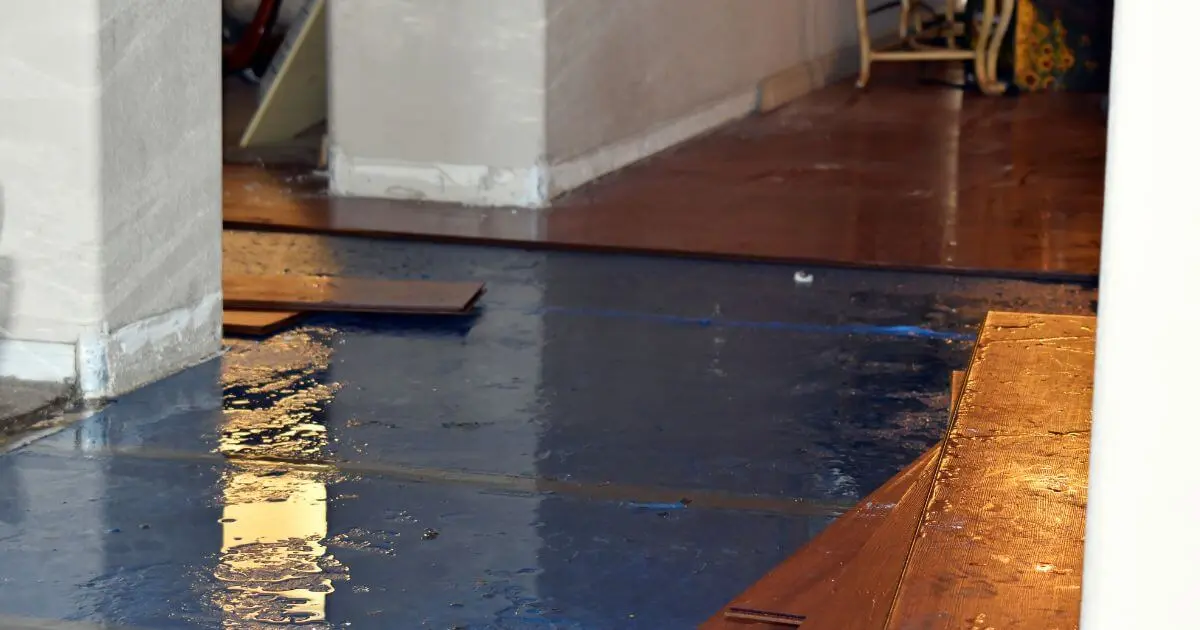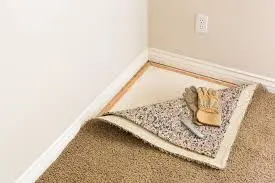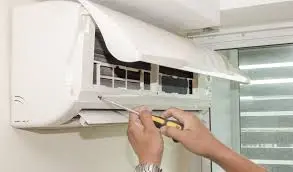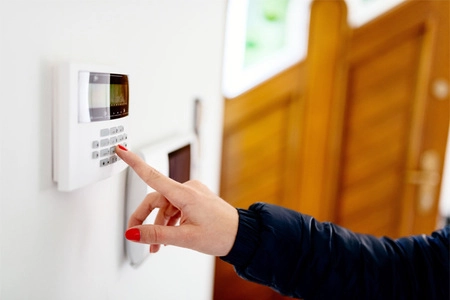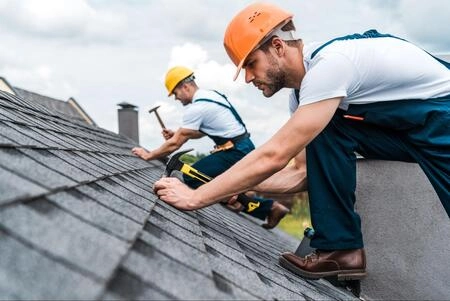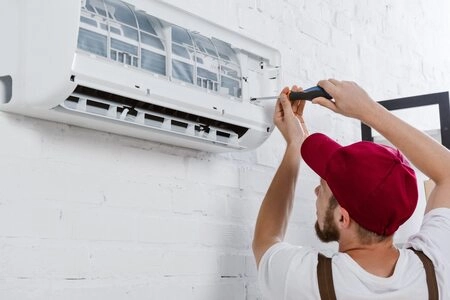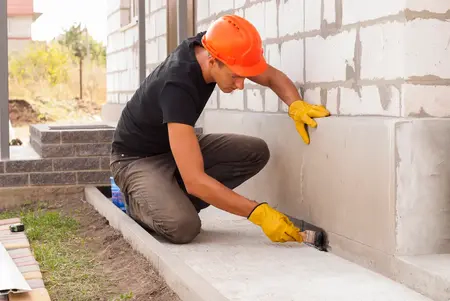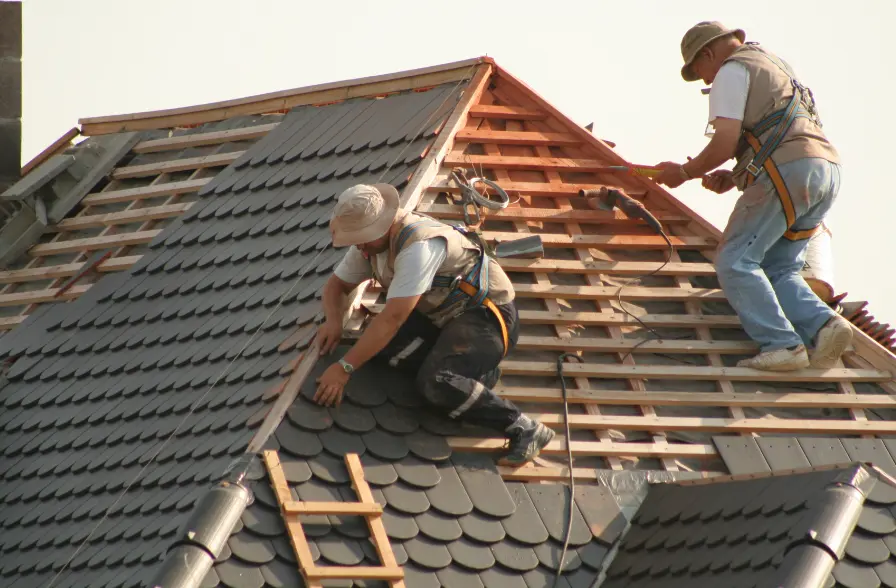
Why Roof Repairs are Important
The roof is one of the most important parts of your home. It protects you from the elements, regulates your home’s temperature, and enhances curb appeal. Over time, however, weather conditions, age, and wear can take a toll on your roof, leading to the need for repairs. Here’s why regular roof repairs are essential:
- Prevents Water Damage: Leaks and cracks can allow water to seep into your home, causing damage to walls, insulation, and even the foundation.
- Enhances Energy Efficiency: Fixing gaps and cracks in your roof helps keep your home well-insulated, reducing heating and cooling costs.
- Increases Property Value: A well-maintained roof boosts your home's market value, which is especially important if you're planning to sell in the future.
Common Roof Repair Issues Homeowners Face
Before you begin making roof repairs, it's important to understand some of the most common issues that require attention. These problems can vary depending on the type of roof you have (e.g., shingle, metal, or tile), but the following are some of the most frequently encountered problems:
- Missing or Damaged Shingles: High winds, storms, and even age can cause shingles to come loose or break.
- Leaks: Leaks are often caused by damaged flashing, cracked shingles, or clogged gutters.
- Sagging Roof: This can occur due to poor installation, structural damage, or excess weight on the roof.
- Clogged Gutters: Blocked gutters can cause water to pool on the roof, leading to leaks and damage over time.
- Pooled Water: If your roof is flat or has low spots, water may pool in certain areas, causing deterioration.
Expert Tips for Roof Repairs
Whether you plan to handle roof repairs yourself or hire a professional, here are some expert tips that can guide you through the process.
- Inspect Regularly: Regular roof inspections help identify potential issues early. Check for missing shingles, rusted flashing, or signs of water damage, especially after heavy storms or high winds.
- Use the Right Tools: To repair your roof safely and effectively, ensure you have the correct tools, including a ladder, safety harness, roofing nails, and sealant. If you're unsure, it's always best to hire a professional roofer.
- Clean Your Roof: Keeping your roof clean from debris, such as leaves, branches, and moss, can help prevent damage. Use a soft-bristled brush or a leaf blower to clear debris from the surface and gutters.
- Seal Leaks: If you spot a leak, use a waterproof sealant as a temporary fix. For a more permanent solution, replace damaged shingles or flashing and ensure proper sealing.
- Don’t Ignore Small Problems: A small crack or missing shingle may seem insignificant, but ignoring these issues can lead to larger, more expensive problems in the future. Repair issues as soon as they arise to avoid major repairs later.
- Hire a Professional: If you're unsure about making roof repairs yourself, hiring a licensed and experienced roofer can ensure the job is done safely and correctly.
When to Call a Professional Roofer
While many roof repairs can be handled by homeowners, certain situations require professional help. Here are some scenarios where it's best to call in a roofer:
| Issue | Why You Should Call a Professional |
|---|---|
| Extensive Leaks | Large or persistent leaks may indicate structural issues that require professional attention. |
| Major Shingle Damage | If a significant number of shingles are missing or damaged, it’s best to have a professional assess the damage. |
| Roof Sagging | A sagging roof could indicate structural damage or foundation issues, which require expert repair. |
| Lack of Safety Knowledge | Roofing can be dangerous without the proper equipment and safety knowledge. A professional will know how to safely handle repairs. |
| Complicated Roof Designs | If your roof is unusually steep or has complex features, a roofer’s expertise is essential for a safe and effective repair. |
Cost of Roof Repairs
The cost of roof repairs can vary significantly based on the severity of the damage, the type of roof, and the materials needed for the repair. On average, homeowners can expect to pay:
| Type of Repair | Average Cost Range |
|---|---|
| Shingle Replacement | $100 to $1,000 |
| Roof Leak Repair | $300 to $1,000 |
| Gutter Repair/Replacement | $150 to $500 |
| Roof Replacement | $5,000 to $10,000 |
| Flashing Repair | $200 to $500 |
These costs can fluctuate depending on your location, the complexity of the repair, and the materials used.
Conclusion
Proper roof maintenance and timely roof repairs are essential for protecting your home and ensuring its longevity. By inspecting your roof regularly, addressing small issues promptly, and knowing when to hire a professional, you can avoid costly repairs and keep your roof in top condition for years to come. Whether you choose to handle minor repairs yourself or call in a roofing expert, following these expert tips and tricks will ensure the best results for your home.

